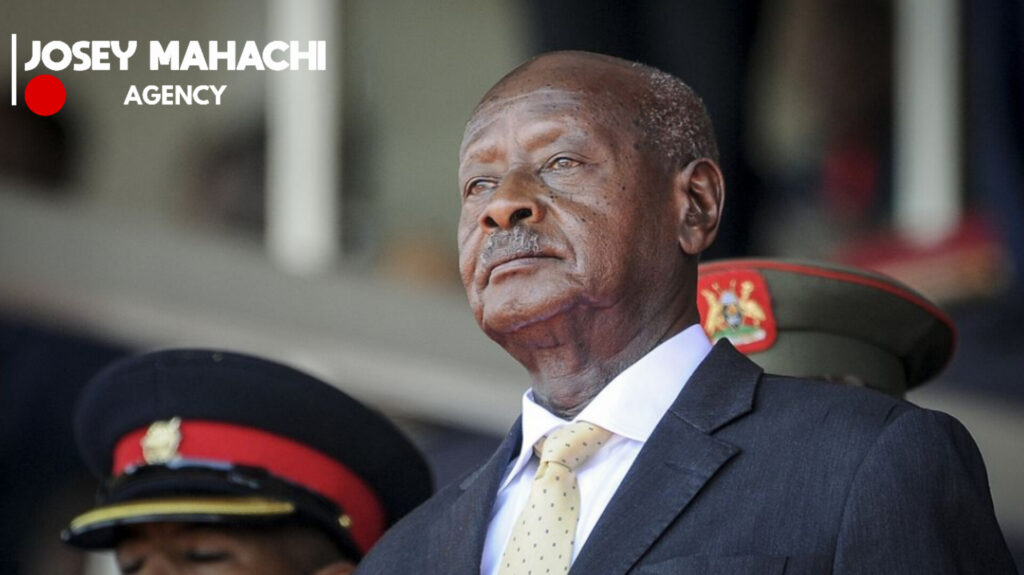By : Lloyd Mahachi
A recent case in Uganda has highlighted the country’s strict laws against insulting the president and his family. Two Ugandan TikTok users, David Ssengozi and Isaiah Ssekagiri, were detained for allegedly insulting President Yoweri Museveni, First Lady Janet Museveni, and their son, General Muhoozi Kainerugaba.
The duo faces charges of hate speech and spreading malicious information targeting the first family and musicians associated with the ruling National Resistance Movement. They were ordered to be held at Kigo Prison until their initial hearing. This incident is not an isolated case, as another Ugandan TikTok user, Edward Awebwa, was sentenced to six years in prison for making derogatory remarks about the president’s family.
The Ugandan government has been criticized for its restrictive stance on internet freedom and freedom of expression. Rights groups have reported on the government’s crackdown on criticism of state officials, with the U.S. government noting limitations on internet freedom in the country.
The detention of Ssengozi and Ssekagiri, along with Awebwa’s sentencing, has sparked concerns about the government’s increasing efforts to silence dissenting voices online. As these cases unfold, it remains to be seen how the Ugandan authorities will balance freedom of expression with national security concerns.
The incidents have raised questions about the limits of online speech in Uganda and the implications for social media users. With the government’s strict laws and enforcement, Ugandans are becoming increasingly cautious about expressing their opinions online, fearing repercussions.
Editor : Josephine Mahachi

